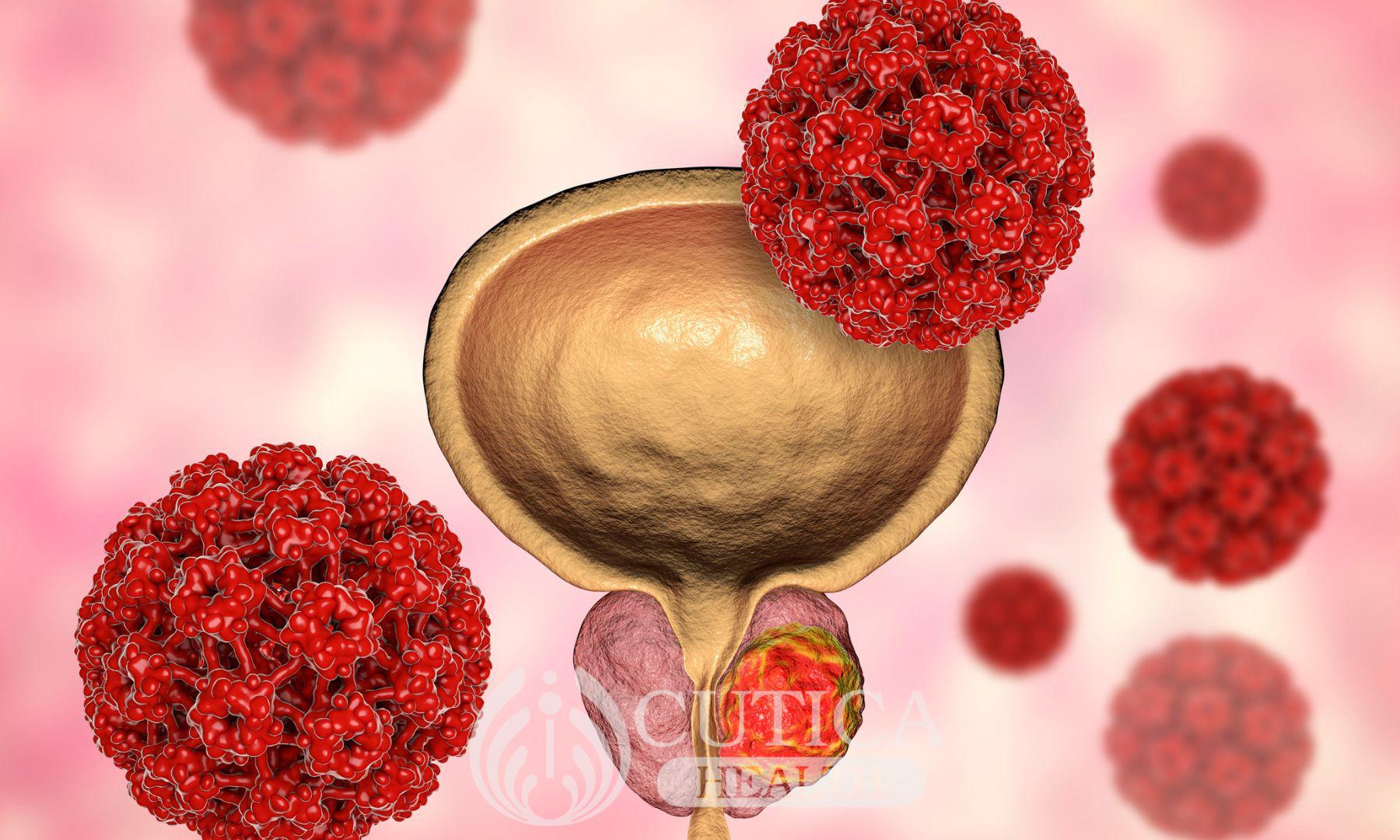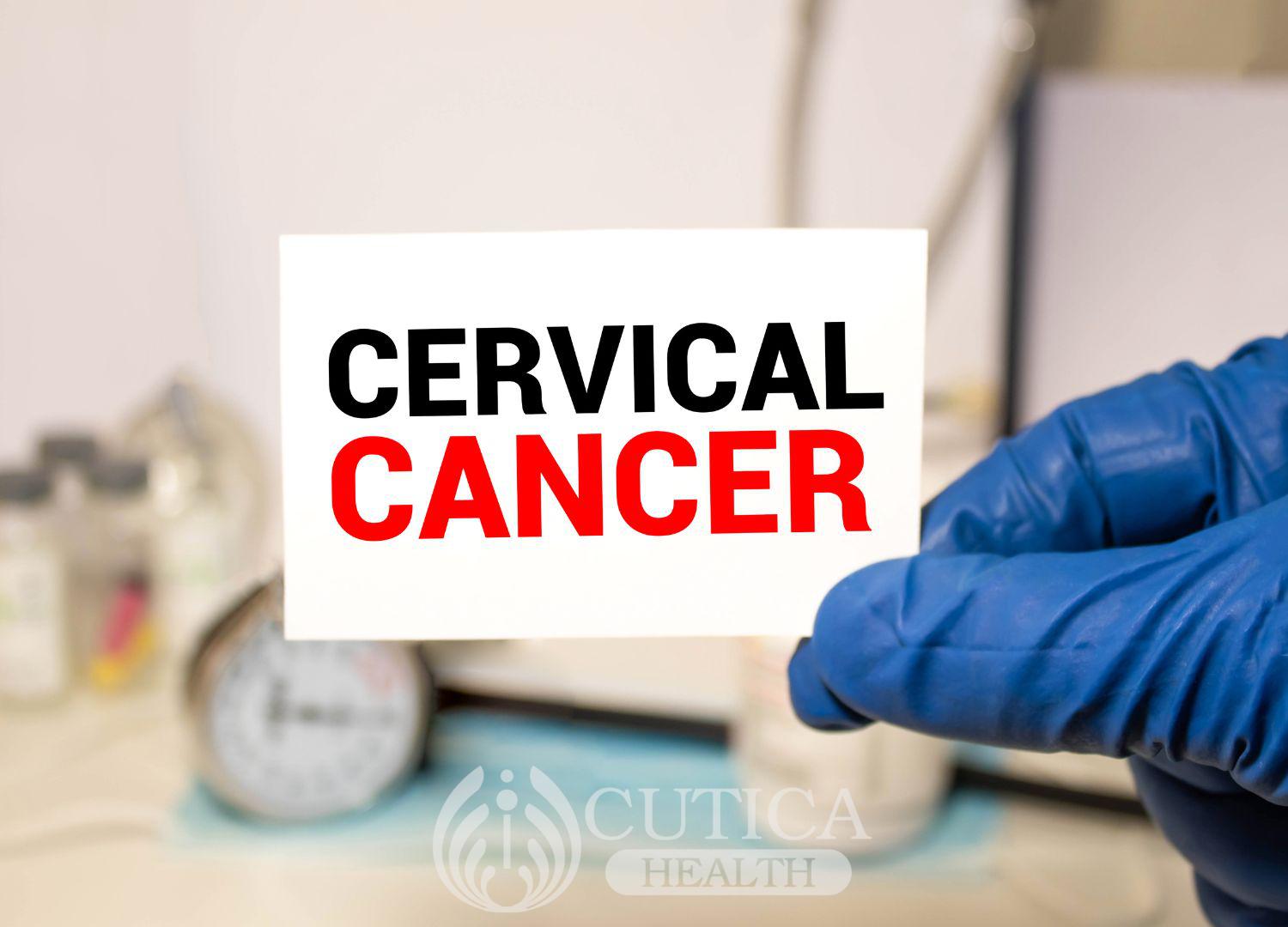
Prostate cancer is the leading cause of cancer in men. Like any form of cancer, it is a dreaded diagnosis.
What is the prostate and what does it do?
The prostate is a small gland that's an essential part of the reproductive organ in males. It is found just below the bladder and in front of the rectum, the lower part of the intestine. The main function of the prostate is the production of a nutrient-filled fluid that mixes up with sperms to form semen. Semen is important for fertilization to occur.
Prostate cancer occurs when there’s an uncontrolled, abnormal growth of the cells of the prostate gland. On examination, the prostate gland will be hard and enlarged with nodules.
The affected person may experience problems with urination such as painful urination, difficulty starting or maintaining a steady urine stream, waking up at night multiple times to urinate, dribbling of urine. These symptoms are similar to those of enlarged prostate. Back pain or bone pain can occur if the cancer has spread to bone.

How can a person reduce the risk of having prostate cancer?
While some risk factors like family history, age and race cannot be modified; there are still steps that can be taken to lower one’s risk.
- Diet: Researchers have found a link between diet and prostate cancer as certain foods, such as fat and dairy products have been shown to increase the risk of the disease. Consumption of foods rich in certain substances like lycopene, selenium and vitamin E are believed to decrease the risk of developing prostate cancer. Lycopene can be found in tomatoes. Foods like nuts, kidney, liver, fish and seafood are rich in selenium. Good sources of Vitamin E include green leafy vegetables, whole grains, nuts, seeds and avocados.

Not all fats are bad. Some fats like omega 3 fatty acids found in nuts, seeds and fish are healthy and recommended.
It is important to have adequate intake of Vitamin D. Apart from foods like cod liver oil, salmon and mushrooms, vitamin D can be gotten from exposure to sunlight, especially early morning sunlight.
Green tea is also thought to be helpful. Having too much calcium in your diet, processed and red meat, dairy products like cheese, yoghurt or milk may increase the risk of prostate cancer.
- Exercise and maintaining a healthy weight: The importance of regular exercising cannot be overstated. Exercise helps in improving the immune function which helps in fighting diseases. A healthy weight can also be achieved through exercising as obesity has been linked to the development of an aggressive form of prostate cancer. To easily check if your weight is within the normal range, wrap a tape measure around your waist. A man whose waist size is 94cm (34inches) or more is likely to be overweight.
-

Smoking and Alcohol Intake: Making the decision to quit smoking and cut down alcohol intake goes a long way in improving your general health and decreasing the risk of cancer. - Sexual Activity: It is thought that regular sexual activity with ejaculation may decrease risk of prostate cancer.

Summary
As a man gets older, there’s an increasing risk of developing prostate cancer. Family history, race and genetics are risk factors that cannot be modified bur other risk factors are modifiable. Screening for prostate cancer is recommended for early diagnosis and treatment.












